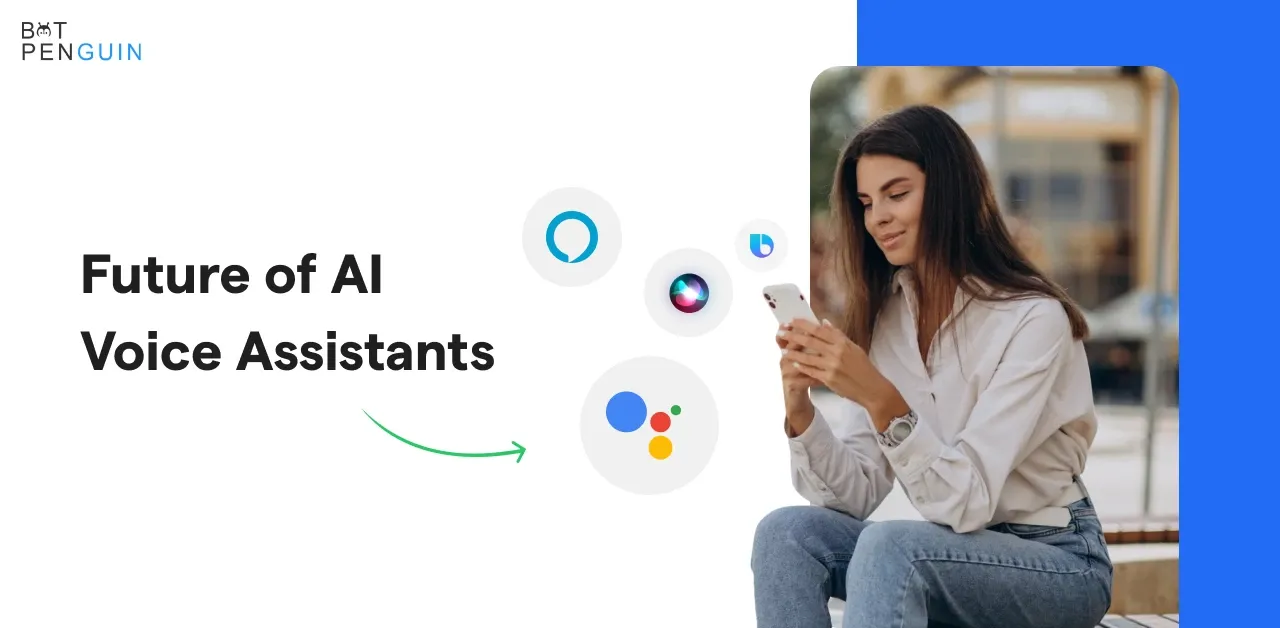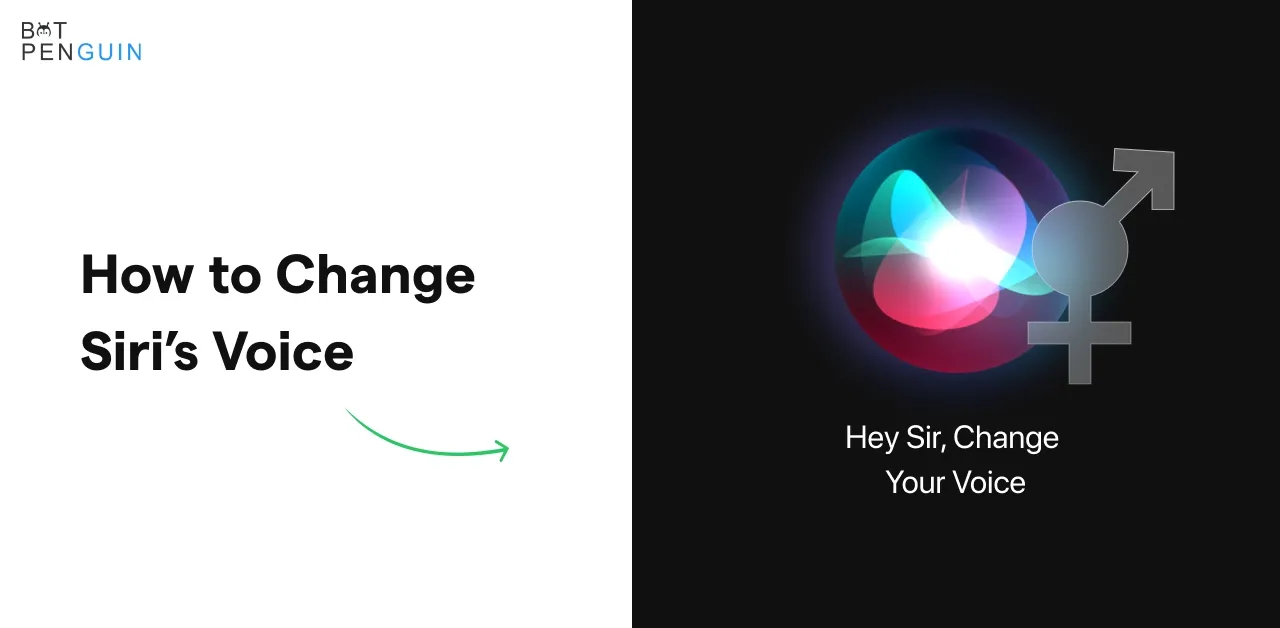In recent years, power and responsibility have shifted from businesses to customers, partners, and employees.
Self-service, like handling insurance forms or mobile money transfers, has become the norm due to its speed and convenience.
However, it's not always reliable. Unexpected issues, technical glitches, or unfamiliar users can disrupt self-service processes, leading customers to seek help via phone or text.
In such cases, contact centers become crucial for various interactions, including B2C, B2B, and B2E, offering communication through email, social media, live chat, and more.
According to a study by Gartner, 85% of customer service interactions will be automated by 2025.
The efficiency of contact centers profoundly influences key business aspects: customer satisfaction, revenue, churn rates, and more. However, operating contact centers are costly, with their performance metrics closely monitored.
Modern contact center automation harnesses AI-driven natural language processing and advanced voice bots. Recognizing that human and virtual agents complement each other, this automation shapes the future of service.
In this blog, we will look closer at the future of service through the lens of contact center automation.
What is Contact Center Automation?
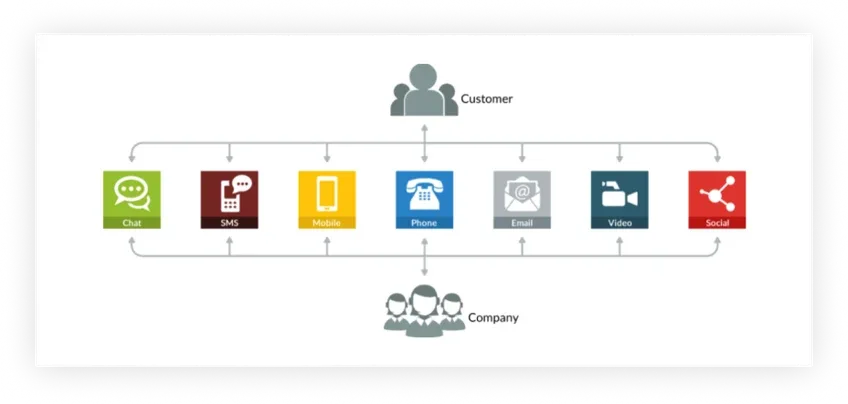
Contact center automation involves using technologies and software to streamline and enhance the customer service experience.
It aims to automate repetitive tasks, improve efficiency, and enable seamless interactions between customers and service agents.
From chatbots and virtual assistants to artificial intelligence (AI) and machine learning (ML) algorithms, contact center automation leverages cutting-edge technologies to transform customer service.
Intelligent Routing
Intelligent routing systems now route customer calls to the most appropriate agent based on skill set, language proficiency, and availability.
This ensures that customers are quickly connected with the agent who best addresses their needs, resulting in a more efficient and satisfactory customer service experience.
Predictive Analytics
Predictive analytics significantly impacts contact centers by enabling businesses to address customer needs proactively.
By analyzing historical data and customer interactions, contact centers can identify patterns and anticipate customer issues before they even occur.
This empowers contact center agents to be more proactive and offer personalized solutions, enhancing customer satisfaction and loyalty.
Benefits of Contact Center Automation
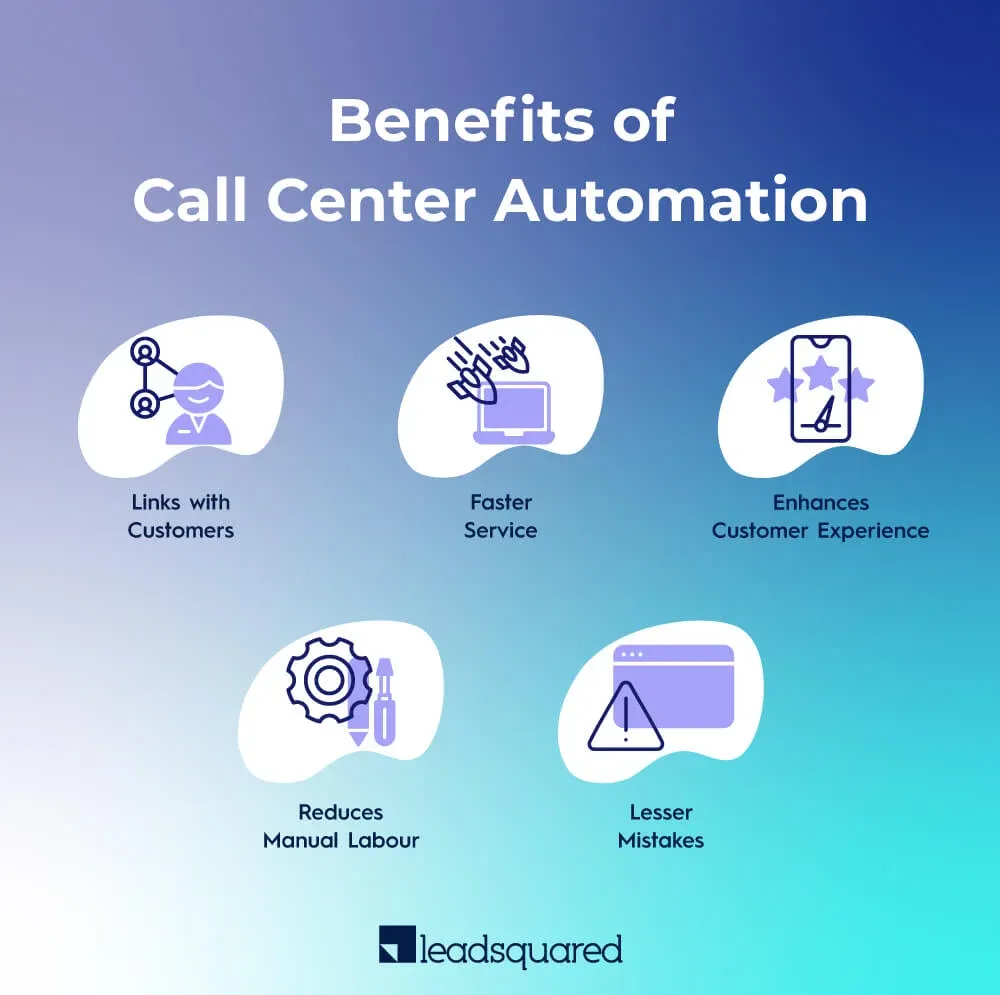
Contact center automation brings a myriad of benefits for businesses and customers alike. Let's take a look at some of the key advantages:
Improved Efficiency and Productivity
Contact center automation significantly improves efficiency and productivity by automating repetitive tasks and streamlining workflows.
Agents can focus on solving complex issues and providing personalized assistance, resulting in quicker problem resolution and higher customer satisfaction.
24/7 Availability
With chatbots and virtual assistants, businesses can provide round-the-clock customer support. Customers no longer have to wait until business hours to get their queries answered.
This enhanced availability improves customer satisfaction and a competitive edge for businesses.
And taking your first step towards chatbot-enabled automation isn't that tough. Meet BotPenguin- the home of chatbot solutions. With all the heavy work of chatbot development already done for you, deploy chatbots for multiple platforms and make multi-channel support look easy for business:
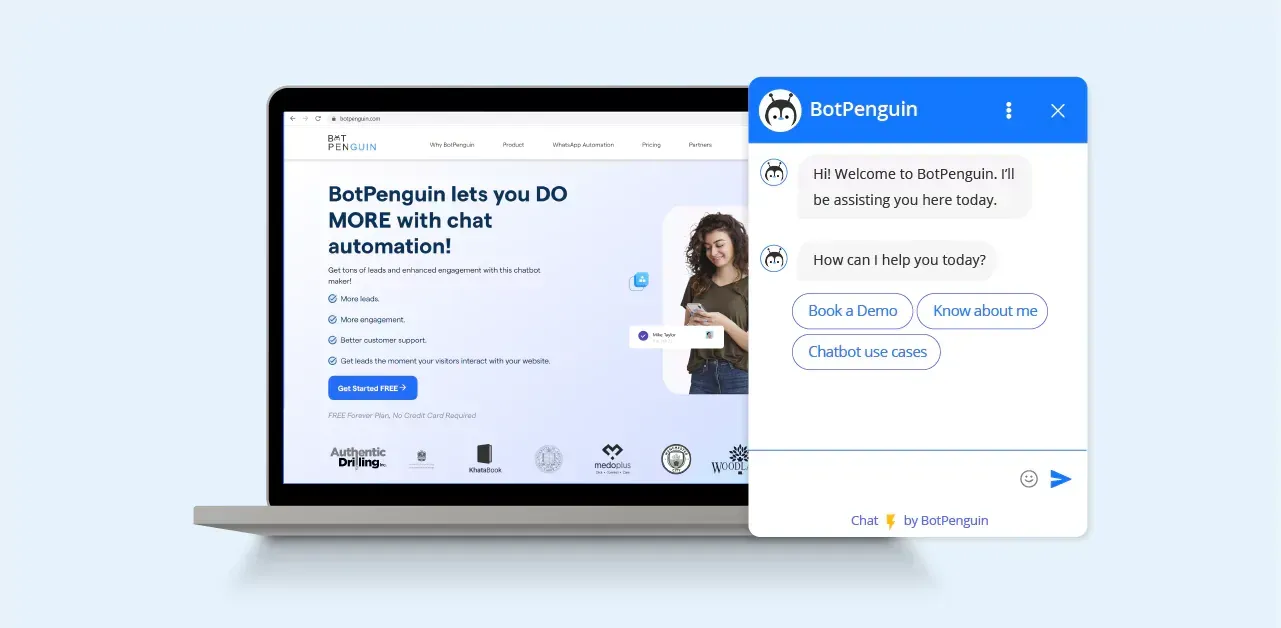
Personalized Customer Experience
Contact center automation enables businesses to gather and analyze customer data, allowing them to offer personalized experiences.
Intelligent routing ensures customers are connected to the right agent, and predictive analytics enables proactive problem-solving.
These personalized interactions enhance customer loyalty and foster long-term relationships.
Cost Savings
Automating routine customer service tasks reduces the need for a large workforce, resulting in significant business cost savings.
Additionally, contact center automation minimizes the risk of human errors, further reducing financial losses and enhancing operational efficiency.
Suggested Reading:
Challenges and Considerations
While contact center automation offers numerous benefits, it comes with challenges and considerations.
It is essential for businesses to address these issues to ensure a successful implementation:
Human Touch vs. Automation
Striking the right balance between automation and human touch is crucial.
While chatbots and virtual assistants can handle routine tasks, there are situations where human intervention is necessary.
Businesses should carefully consider when to transfer customers to human agents to ensure a seamless and personalized customer experience.
Data Security and Privacy
As contact centers automate more processes, it is crucial to prioritize data security and privacy. Businesses should have robust security measures to protect customer data and comply with data privacy regulations.
Trust and transparency are key factors in building and maintaining customer loyalty.
Training and Change Management
Implementing contact center automation requires adequate training and change management processes.
Businesses should ensure their agents have the skills to work alongside AI-powered tools.
Moreover, effective change management strategies should be implemented to help staff embrace and adapt to the new technology.
Future of contact center automation
Contact center automation is reshaping the future of customer service. As technology evolves, we can expect further advancements in AI, ML, and other automation technologies.
Virtual assistants will become even smarter and better at understanding and assisting customers. Predictive analytics will enable businesses to offer highly personalized and proactive service.
The future contact center will seamlessly blend automation and the human touch, providing exceptional customer experiences.
Conclusion
In conclusion, contact center automation holds immense potential to transform customer service delivery.
Businesses can improve efficiency, enhance customer satisfaction, and reduce costs by leveraging chatbots, intelligent routing, and predictive analytics.
Change management and data security considerations are essential for successful implementation.
As we look ahead, the future of service lies in the hands of contact center automation, revolutionizing the customer experience.
Look no further if you're looking for a chatbot that outperforms IVR.
BotPenguin is more than just a chatbot platform; it's your partner in achieving customer service excellence. Its AI-powered capabilities transform how organizations handle customer care, generate leads, and drive sales.
By integrating BotPenguin into your operations, you can expect faster response times, enhanced customer engagement, and a conversion boost. Take the chance to transform your customer interactions and elevate your business.
Give BotPenguin a try today and experience the difference firsthand.
Your customers will thank you for it, and your business will thrive like never before.
Suggested Reading:
Frequently Asked Questions (FAQs)
What is contact center automation and its role in the future of service?
Contact center automation involves using technology like AI, chatbots, and machine learning to streamline customer interactions. It's pivotal for enhancing efficiency, personalizing experiences, and allowing agents to focus on complex tasks, shaping the future of service industries.
How does AI impact contact center automation?
AI empowers contact centers by enabling predictive analytics, personalized responses, and automating routine queries. It enhances efficiency, shortens resolution times, and augments customer experiences through smart insights and proactive support.
How can businesses choose the right automation tools for their contact centers?
Businesses should consider scalability, integration capabilities, AI functionalities, ease of implementation, and the ability to align with their specific industry needs when selecting automation tools for their contact centers.
What role do chatbots play in contact center automation?
Chatbots act as frontline support, handling routine queries, providing instant responses, and routing complex issues to human agents when necessary. They streamline processes, offering quick resolutions and elevating customer service efficiency.
Will contact center automation replace human agents?
Contact center automation augments human agents by handling routine queries, allowing agents to focus on complex issues requiring empathy and critical thinking. It enhances rather than replaces human interaction, ensuring a balance between automation and personalized service.
What trends are shaping the future of contact center automation?
Trends include the integration of AI and machine learning, omnichannel support, predictive analytics, increased focus on data security, and the utilization of automation to deliver hyper-personalized customer experiences.
What steps can businesses take to successfully implement contact center automation?
Businesses should start with a comprehensive assessment of their needs, invest in proper training for employees, ensure seamless integration with existing systems, and continuously analyze data to optimize and refine the automation processes for maximum efficiency.


